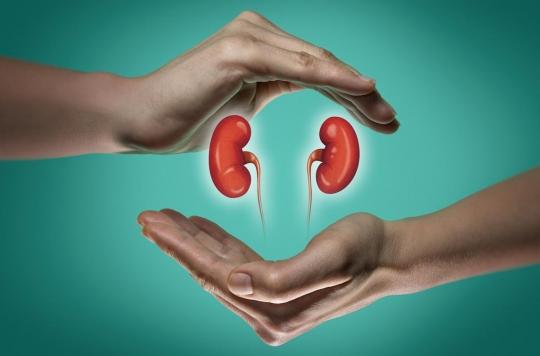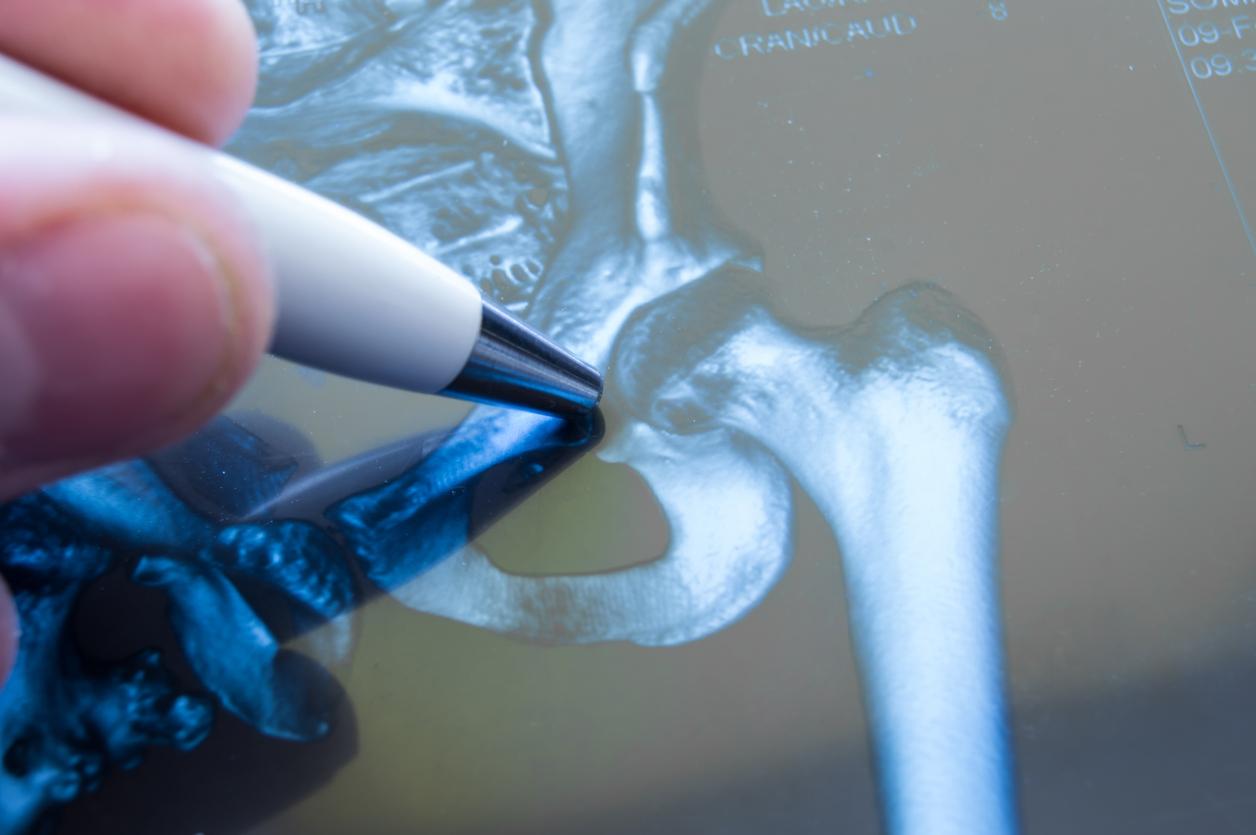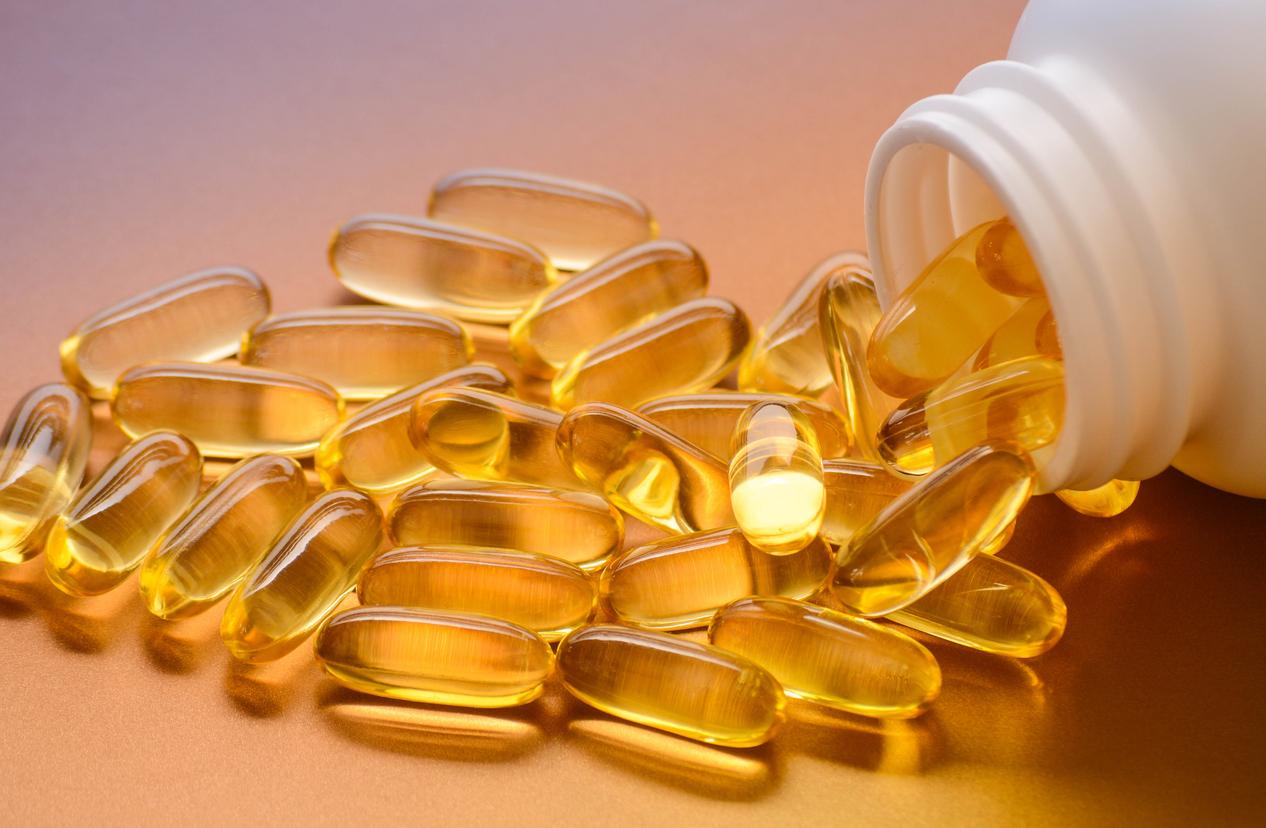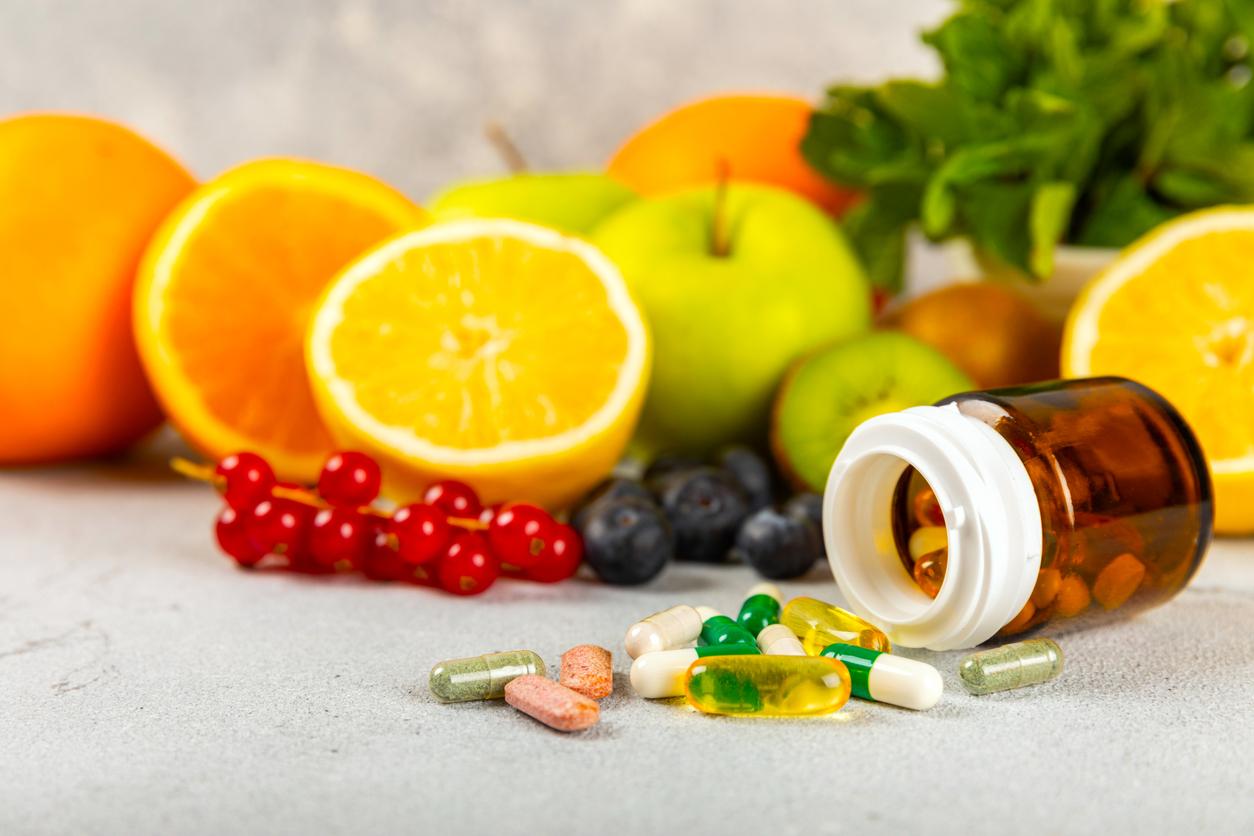Vitamin D is involved in the absorption of calcium and phosphorus by the intestines and by the kidneys.

In kidney transplant recipients, vitamin D reduces the risk of fractures, according to a new study. These transplant recipients are at increased risk of fracture due to a combination of factors. As the kidneys no longer work, they are no longer able to maintain normal levels ofparathyroid hormonesvitamin D, calcium and phosphate in the blood, which are important for bone health.
High dose treatment was well tolerated
In a prospective, multicenter, double-blind, controlled study, researchers randomly assigned 536 kidney transplant recipients to 100,000 IU* (high dose) or 12,000 IU (low dose) of vitamin D every two weeks for two months, then monthly for 22 months. In the study, the “low dose” corresponded to a minimum recommended intake of 400 IU/day.
After 24 months, the incidence of fractures was significantly lower in the high dose group (1% versus 4% in the low dose group). There was no difference in the risks of diabetes, major heart problems or new cases of cancer. The high dose treatment was well tolerated.
Donate a living kidney
Professor Carmine Zoccali, President of theERA-EDTAconcludes: “This study is important for nephrologists and their patients, because it shows that high-dose vitamin D is an effective means of reducing the rate of fractures after kidney transplantation, with almost no risk of side effects.”
According to the Biomedicine Agency, more than 76,500 people suffer from end-stage renal failure in France. Of the 15,470 patients waiting for a kidney transplant in 2015, only 3,486 (i.e. an increase of 7.9% compared to 2014) were able to benefit from it, including 547 from a living donor, i.e. 15.7% kidney transplants.
Since 2011, the bioethics law has widened the circle of potential donors; it is now possible to donate a kidney during one’s lifetime to a member of one’s family but also to a close friend, which has partly enabled a progression of living donor kidney transplants of 177% in 10 years.
*In pharmacology, the international unit (IU, abbreviation commonly used on drug packaging) is a unit of measurement for the amount of a substance, based on the measured biological activity (or its effect).

.

















